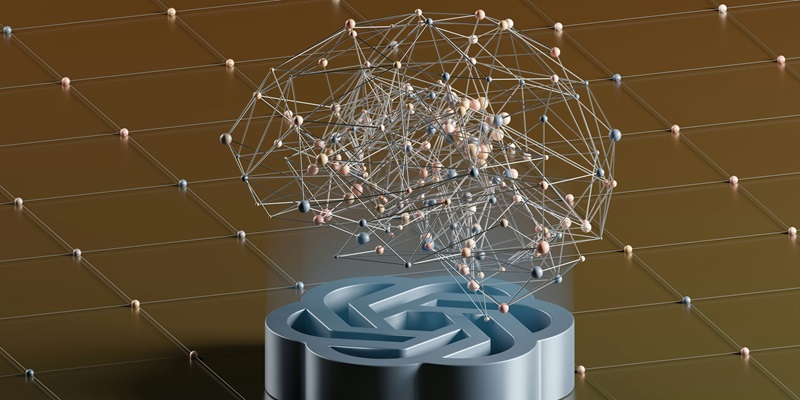The New York Times has initiated legal action against OpenAI, asserting that ChatGPT, the company’s sophisticated language model, was developed using a plethora of copyrighted works, including the Times’ own journalism. This litigation casts a spotlight on the legal nuances of fair use and the ethics involved in AI training practices. As the lawsuit progresses, it will confront the pivotal question of how AI systems can ethically utilize copyrighted material and to what extent fair use can be stretched in the realm of machine learning. With both copyright law and artificial intelligence at a critical juncture, the outcome of this case could set a precedent for the future of AI development and its interplay with intellectual property rights.
The Crux of Copyright Infringement
OpenAI has found itself in the legal crosshairs for allegedly employing “wide-scale copying” of material to train its AI. The accusations pinpoint materials from various media outlets, with the NYT’s contributions being notably emphasized. These allegations challenge the legality of using copyrighted texts for machine learning purposes without explicit permission. With the future regulatory landscape for AI at stake, the lawsuit could very well redefine the scope of fair use in the digital age. The implications for content creators and AI developers are profound, potentially reshaping the dynamic between intellectual property and technology.
The Claim of “Hacking”
OpenAI has filed a counterclaim against the New York Times, alleging that the media outlet misused a glitch in ChatGPT to garner evidence, a move OpenAI equates to hacking. This accusation is a critical part of OpenAI’s defense, backed by its partner, Microsoft, to have the lawsuit dismissed. OpenAI maintains that the NYT’s actions breached their terms of service. Conversely, the NYT asserts that their probing of ChatGPT was a necessary step to substantiate claims of copyright infringement. The confrontation highlights not just the vulnerabilities in AI but also stirs debate over ethical limits in evidence gathering within legal disputes. The questions raised touch upon the complex interplay between technological safeguards and the integrity of journalistic and legal investigatory practices.

